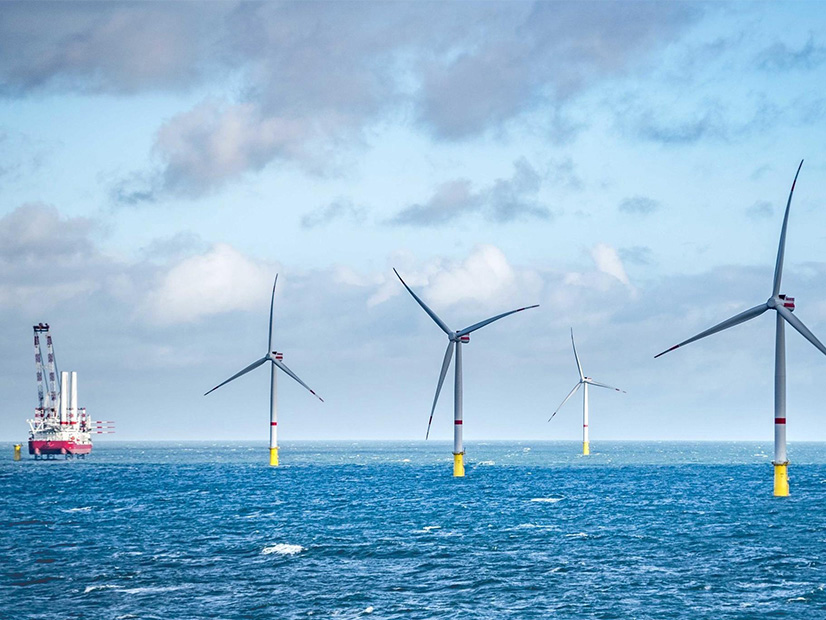
Massachusetts legislators are getting ready to start reconciling two very different approaches to a climate bill that were produced in the two chambers of the State House.
The House of Representatives’ bill (H4524), introduced by Rep. Jeff Roy and passed in March, is narrowly focused on offshore wind. It would create a $50 million tax incentive program for the sector, along with other provisions focusing on grid modernization and the state’s procurement process.
In April, the Senate passed a much broader piece of legislation (S2819) led by Sen. Michael Barrett that spreads investment across several sectors, including transportation and energy efficiency. It would put aside $100 million for a new Clean Energy Investment Fund, allocate another $100 million for the state’s electric vehicle incentive program (MOR-EV), and dedicate $50 million more for EV charging infrastructure.
Both bills are intended as action-focused follow-ups to the climate legislation signed by Gov. Charlie Baker last year, which set new emissions targets with a centerpiece of aiming for net-zero emissions for the state by 2050 (See Mass. Governor Signs NextGen Climate Bill).
But now lawmakers face the task of melding them together. The House formally started that process on Thursday with the creation of a conference committee tasked with the negotiations.
Different Visions
The bills’ sponsors are joint chairs of the legislature’s Telecommunications, Utilities and Energy Committee. They’re frequent collaborators who also regularly butt heads.
For Roy, the legislature’s next climate bill should be about taking advantage of Massachusetts’ unique position on offshore wind and acting on the commitments made in the 2021 roadmap bill.
That bill was about having a “menu of options,” he said at an event Thursday. “It’s now time to show how we’re going to make that move and be successful in reducing emissions.”
Roy believes the effort should start by incentivizing wind turbines off the coast of Massachusetts and developing an industry to build them in-state.
“We have the most robust wind in the entire contiguous U.S.,” Roy said. “If we don’t take advantage of it, shame on us. But we want to take advantage of it.”
Barrett called that narrow focus “startling” and warned that zeroing in on a single industry’s success is misguided.
“A piece of legislation that forgets we’re dealing with climate change … is not going to serve the people of Massachusetts,” Barrett said. “It’s a fundamental misfire.”
Impending Shakeup
In a typical year, Baker would be likely to shape the debate, historically leaning toward the industry side of the equation.
“There’s a lot we can do in environmental policy and net zero with policies,” Baker said at the event. “And that’s a good thing, but innovation is going to be a big part … that’s actually going to get us all the way there faster.”
The governor’s lame duck status could lessen his influence as Massachusetts waits for its next leader. Decrying the House bill’s quicker deadlines, Barrett called for an approach that considers the timing of the gubernatorial race.
“We need to make sure the timing and pacing and the deadlines set in a consensus piece of legislation are the appropriate ones,” he said. “That’s going to require some changes by both branches.”
Despite their differences, Roy said the two chambers will work hard to hash out a deal before the legislative session ends in July.
“I will commit to using every ounce of my energy and blood to reaching a deal with the Senate on this,” he said. “And I will not foreclose anything in the discussions.”


